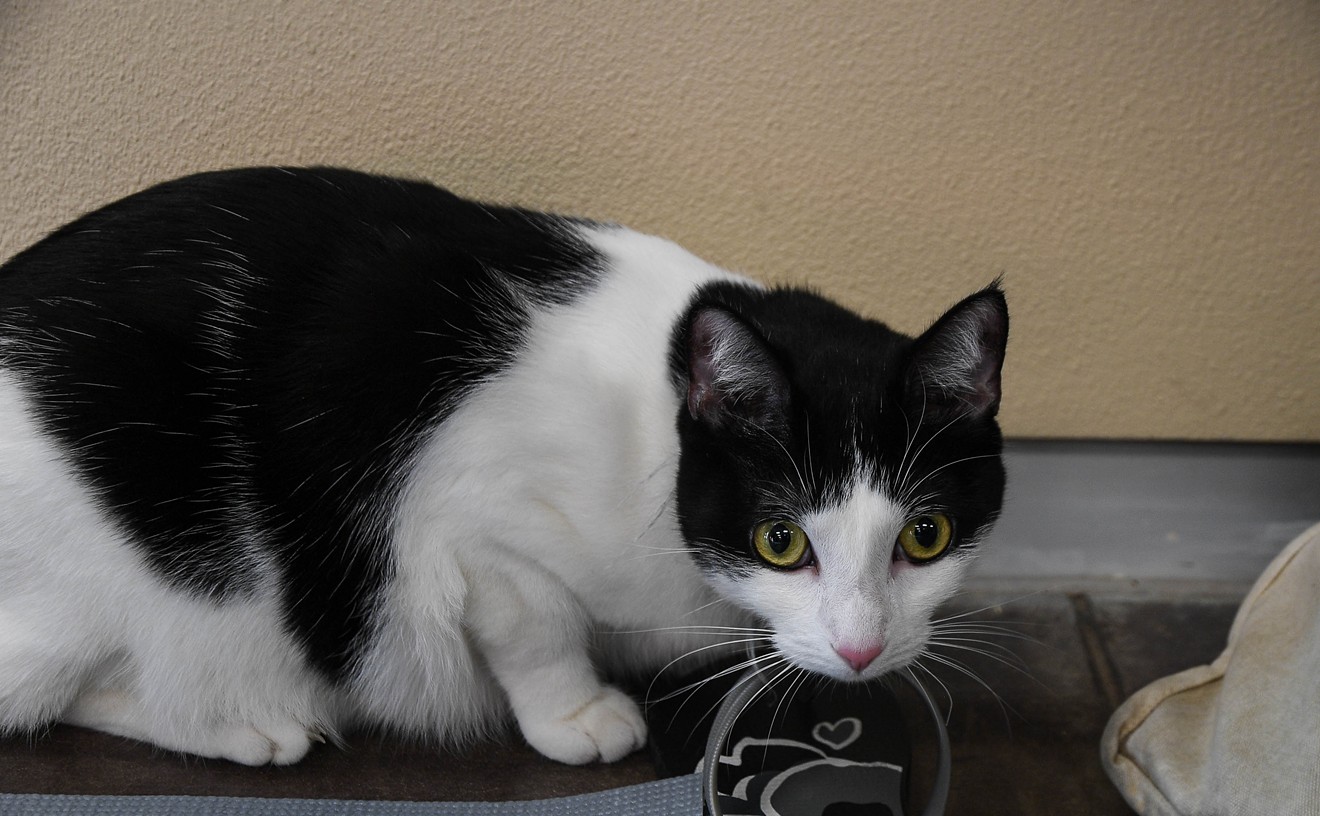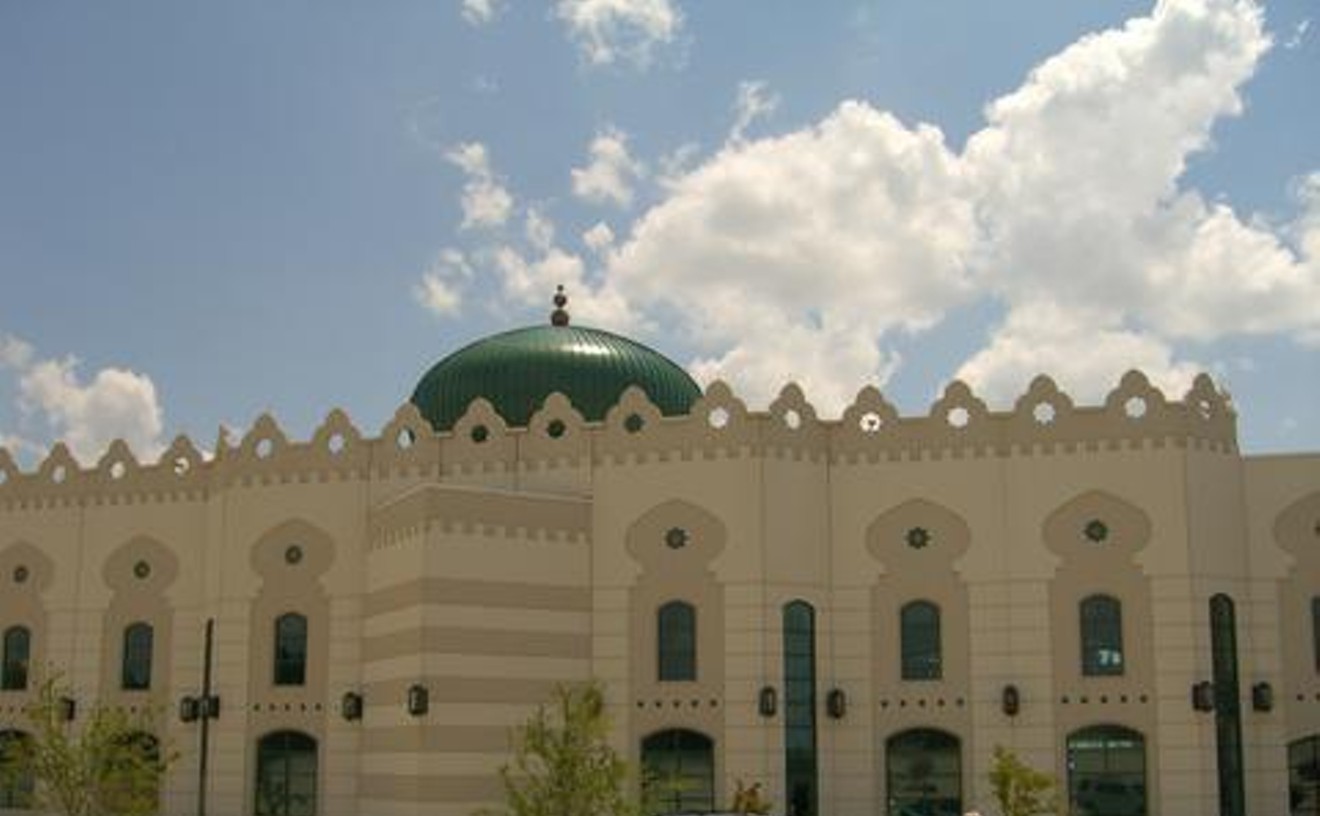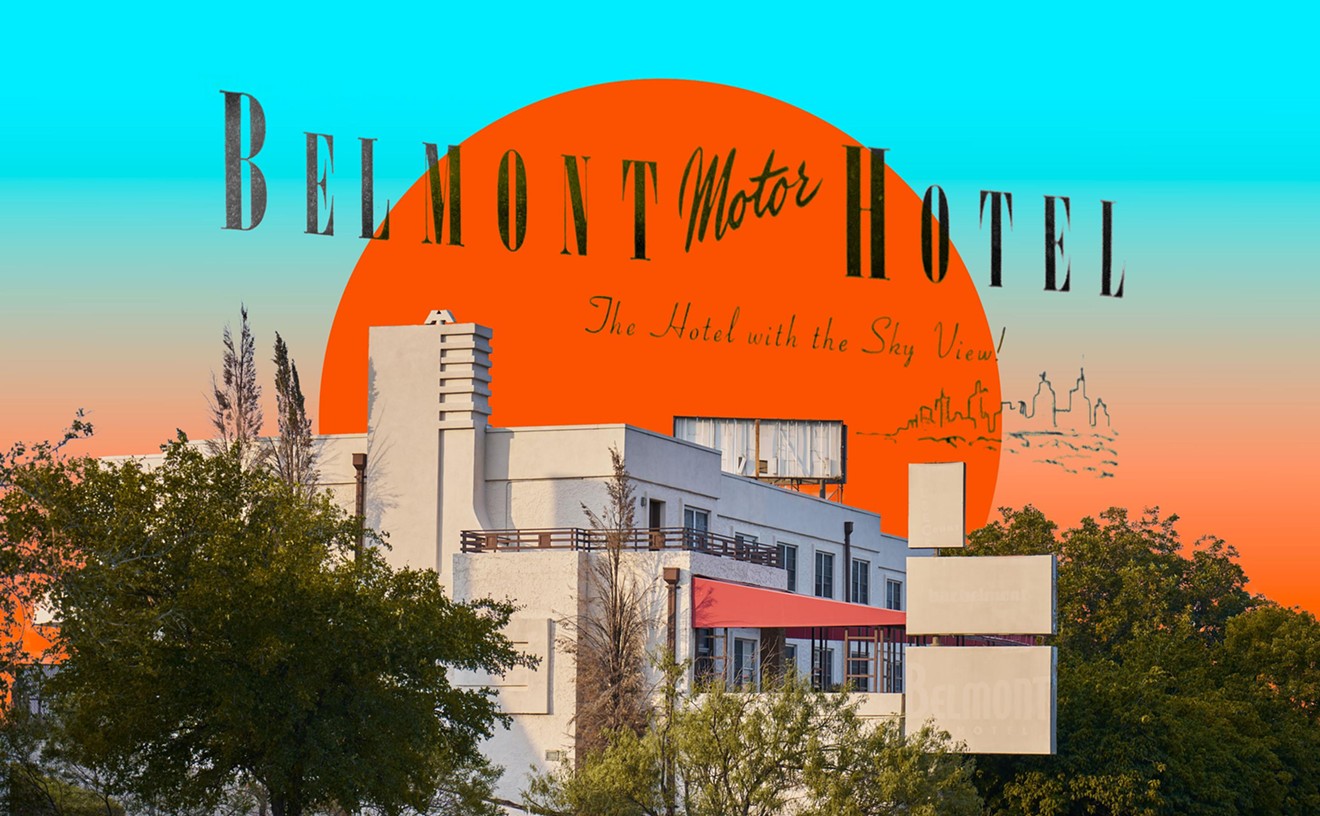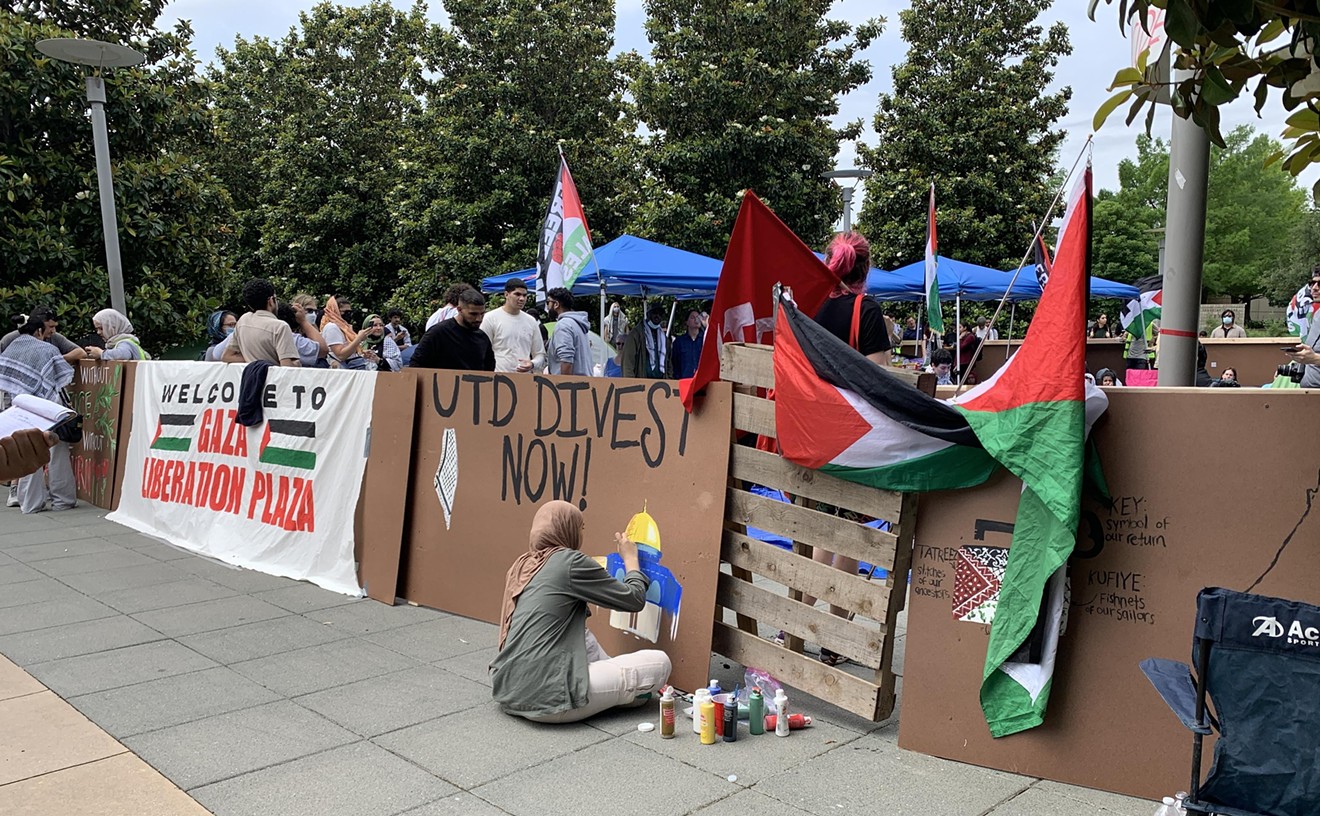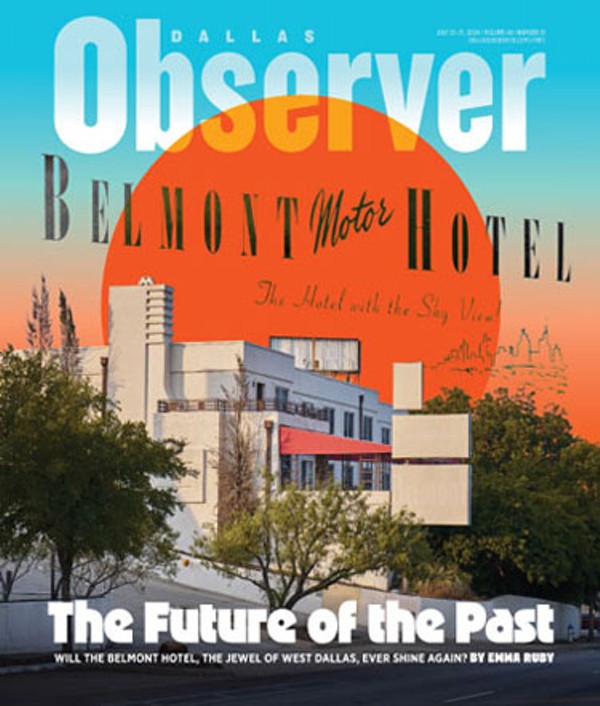Dallas police will soon be able to run your license plate through state and federal crime databases without ever lifting a finger.
This morning, the City Council approved DPD's $3.2 million plan to equip some of its squad cars with automated license plate scanners, which can check up to 1,800 plates per minute in real time to see if a car is stolen, associated with a missing child or senior citizen, or is owned by somebody with an outstanding warrant.
Angela Hunt was the councilperson to vote no.
Appearing before the council, Brown touted the cameras as a key tool in DPD's overall crime reduction strategy. The department plans to target 14 high-crime areas, with 14 cameras mounted at specific intersections, with two mobile units, which will be mounted on squad cars, going to each of DPD's seven substations.
The crime-fighting benefits of the scanners, which are already being used in places like Arlington and Fort Worth, are fairly obvious. So are concerns about civil liberties. Such systems collect huge amounts of data, most of which involves ordinary civilians. How long the data is kept and with whom it is shared depends on the agency.
"A big part of any crime fighting technology, there's a homeland security component," Brown said. "It could be shared with the federal government because of a homeland security issue. The case that comes to mind is the Murrah building bombing. That was a traffic stop because of an alias ticket."
The ACLU has expressed concerns about such practices. Last year, the group sued the federal government in an attempt to figure some of that out.
And Hunt honed in on the civil liberties questions, asking how long data would be stored (three to six months for non-criminals), whether it would scan cars parked on private property (no, but mainly, it seemed, because DPD wouldn't direct the cameras toward private property), and whether the technology doesn't allow law enforcement and the federal government to access information they would otherwise need a warrant for.
"Here, we're talking about when we don't have any reason of suspecting anyone of doing anything ... My concern goes into fishing expeditions," she said.
Mayor Mike Rawlings at first suggested sending the measure to the council's Public Safety Committee, but seemed appeased by Assistant City Manager A.C. Gonzalez's pledge that the scanners won't be used until the city develops policies designed to protect privacy.
"If we use this right and protect privacy, Dallas will be safer," Rawlings said.





